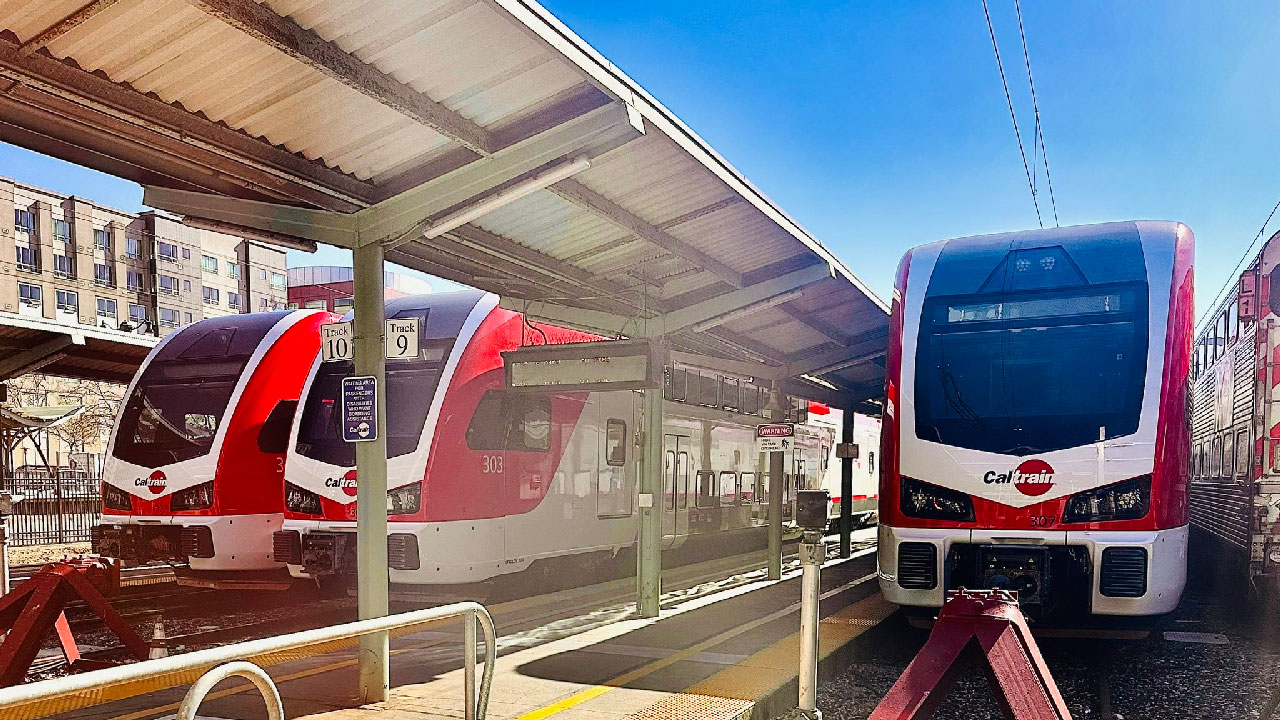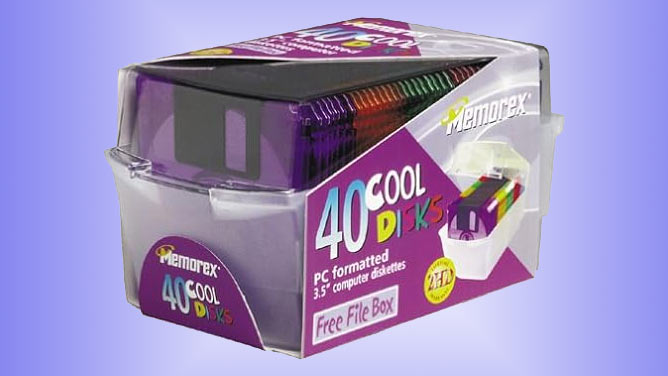The San Francisco Municipal Transportation Agency’s (SFMTA’s) train control center has been reliant on a floppy disk-based computer system since 1998, according to anABC7 Newsreport. As well as this being something of a surprise for Silicon Valley residents, it is alarming to hear the SFMTA director worries that there won’t be an upgrade before a “catastrophic failure” occurs.
Silicon Valleyis renowned worldwide for its development and embrace of cutting-edge technology, with some of the most iconic and important pioneers of computing having their headquarters here. However, while local labs, office complexes, and factories leverage the latest technologies - and local cafes and eateries brim with folk discussing AI, semiconductors, and robotics – some key public transport infrastructure is relatively ancient.

In the ABC7 report, we hear an SFMTA exec explain that the 1998 system that is essential to smooth running rail services was introduced “in an era when computers didn’t have hard drives.” That assertion is perhaps a decade adrift, as HDDs were commonplace even in home computers from the early 1990s. Then of courseWindows 95arrived, with the initial release requiring 24 floppies for installation. The late 90s were more like the heyday of theCD-ROM era.
There seemed to be more confusion regarding what kinds of floppies the SFMTA system relied upon. The roving TV reporter brandished a3.5-inch floppy diskseveral times in the video segment about the aging train control system. However, she said that the systems required three 5-inch floppies to be updated every day. Perhaps it was a misread of 3.5-inch floppies as we think 5.25-inch floppies were more of a 1980s standard medium.

Moving back on topic, SFMTA director Jeffrey Tumlin explained that the current system for train management has been in place for 26 years, exceeding its planned 20-25 years of operation before becoming obsolete.
Currently, everything still works fine, asserted Tumlin, but “with each increasing year risk of data degradation on the floppy disks increases and that at some point there will be a catastrophic failure,” he worried. We hope that the potential catastrophe highlighted will only involve the computer system, not the trains or carriages full of people.

The SFMTA director told ABC7 news that any new system will take about a decade and hundreds of millions of dollars to implement. There is no contractor yet, so the decade-long development cycle has yet to begin, but officials are aiming for an all-encompassing system for trains and subways in San Francisco and surrounding areas.
Get Tom’s Hardware’s best news and in-depth reviews, straight to your inbox.
Mark Tyson is a news editor at Tom’s Hardware. He enjoys covering the full breadth of PC tech; from business and semiconductor design to products approaching the edge of reason.